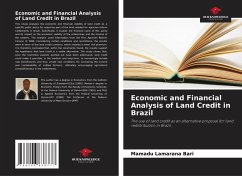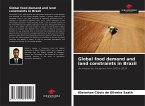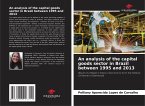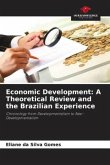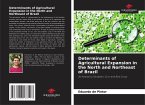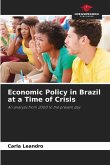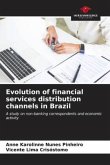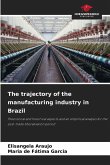This study analyzes the economic and financial viability of land credit as a specific public policy for acquiring part of the land needed for agrarian reform settlements in Brazil. Specifically, it studies the financial costs of this policy and its impact on the economic viability of the enterprises and the income of the settlers. The analysis used information from the First Agrarian Reform Census of 1996. Considering certain conditions and restrictions, the results were in favor of the land credit scenario, which showed a lower risk premium. It is therefore concluded that, within the constraints found, the results support the hypothesis that land credit is a viable alternative. The study shows that, once the restrictive aspects pointed out have been addressed, land credit could make it possible, in the medium and long term, to increasingly include new beneficiaries and thus create new conditions for increasing the income and sustainability of settled farmers, ultimately encouraging agricultural competitiveness in the settlements.
Bitte wählen Sie Ihr Anliegen aus.
Rechnungen
Retourenschein anfordern
Bestellstatus
Storno

